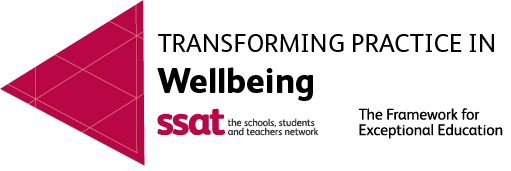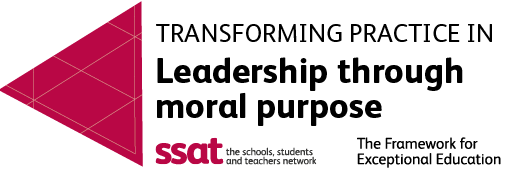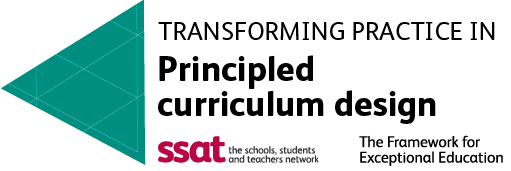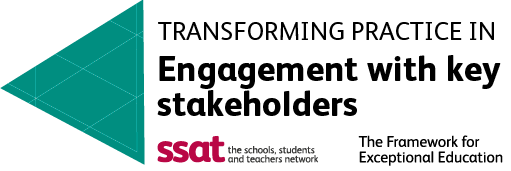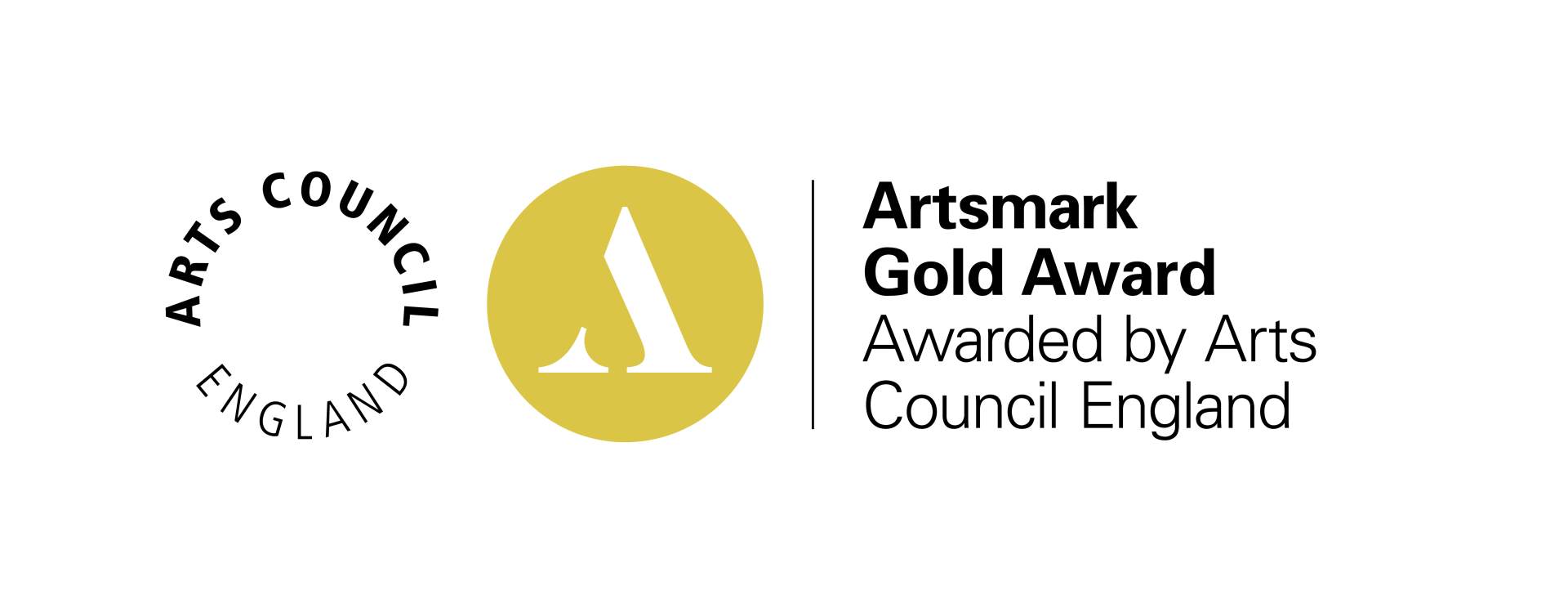Psychology
Useful Resources and Revision Support
Students in Year 11 are provided with customised revision booklets to help with their revision. Digital versions of these can be found on google classroom.
Revision guide textbooks are available to purchase from the school shop.
Useful revision websites:
https://learndojo.org/gcse/aqa-psychology
https://tuxfordpsychology91.wordpress.com/welcome
Psychology is the scientific study of the mind and behaviour. It is a subject which has great relevance to us all; investigating the way humans and animals think, behave and influence each other. Psychology not only gives students a large number of transferable skills, it also teaches them about the way people think and behave. Throughout the course students develop their knowledge of psychology whilst also gaining skills in applying and evaluating.
Enrichment
We have a Psychology wider reading library including a range of areas of Psychology that go beyond the specification. Students can also borrow copies or subscribe to their own copies of Psychology Review magazine, giving them access to up to the minute developments in the field.
GCSE and A Level intervention sessions run throughout the year and we also offer a Psychology peer mentoring system.
Assessment
Internal assessment take place every half term.
Formal GCSE examinations take place in May/June of year 11
AQA Psychology specification
https://www.aqa.org.uk/subjects/psychology/gcse/
Curriculum Overview
Year 10
There are 5 topics covered across Year 10:
- Memory - investigates the different types and processes involved in memory, the structure of memory as well as factors which affect the accuracy of memory.
- Perception - looks at the difference between sensation and perception, as well as different theories of perception and factors that affect perception as well as explanations for and examples of visual illusions.
- Development - provides knowledge of brain development and structures, theories of the development of intelligence and the effect of learning on development.
- Research methods - provides students with an understanding of the process involved in conducting psychological research including the design and carrying out of experiments and data analysis.
- Language, thought and communication - looks at theories of language development, differences between human and animal communication as well as explanations for and interpretation of non-verbal communication, including personal space, body language and eye contact.
Year 11
3 final topics covered in Year 11 are:
- Social Psychology - investigates the concepts of conformity, obedience and explains how and why people are influenced by those around them. Students will also learn about pro and anti-social behaviour and crowd behaviour.
- The Brain and neuropsychology - provides further knowledge of the nervous system, the different functions of parts of the brain and an introduction to cognitive neuroscience, including the use of brain scanning techniques and brain damage.
- Psychological problems - introduces students to the concept of mental health, including modern challenges to mental health as well as detailed insight into the clinical characteristics, psychological explanations for and therapies used to treat depression and addiction.
Extra helpings:
- https://quizlet.com/en-gb/
content/gcse-psychology- revision - https://learndojo.org/gcse/
aqa-psychology/ - Latest research for extension/wider reading https://www.bps.org.
uk/collections/research-digest - https://www.tutor2u.net/
psychology/topics - Paper 1 revision video https://www.youtube.com/
watch?v=F1QFOaZ_RNM - Paper 2 revision video https://www.youtube.com/
watch?v=VUwOIaPi8uI - AQA examiner's reports for paper 1 & paper 2 https://www.aqa.org.uk/
subjects/psychology/gcse/ psychology-8182/assessment- resources?f.Resource+type%7C6= Examiner+reports - Flashcards/key terms https://www.brainscape.
com/packs/gcse-psychology-aqa- 2023-17311066 - Social Influence topic- Zimbardo on what makes people evil- https://www.ted.com/talks/
philip_zimbardo_the_ psychology_of_evil?language=en - Documentary for biopsychology- 'My beautiful broken brain' https://www.youtube.
com/watch?v=Edjly3z5bF4 - Documentary for Memory topic- 'The man with the 7 second memory'- https://www.youtube.com/watch?
v=k_P7Y0-wgos



 Safeguarding
Information
Safeguarding
Information Arbor
Arbor